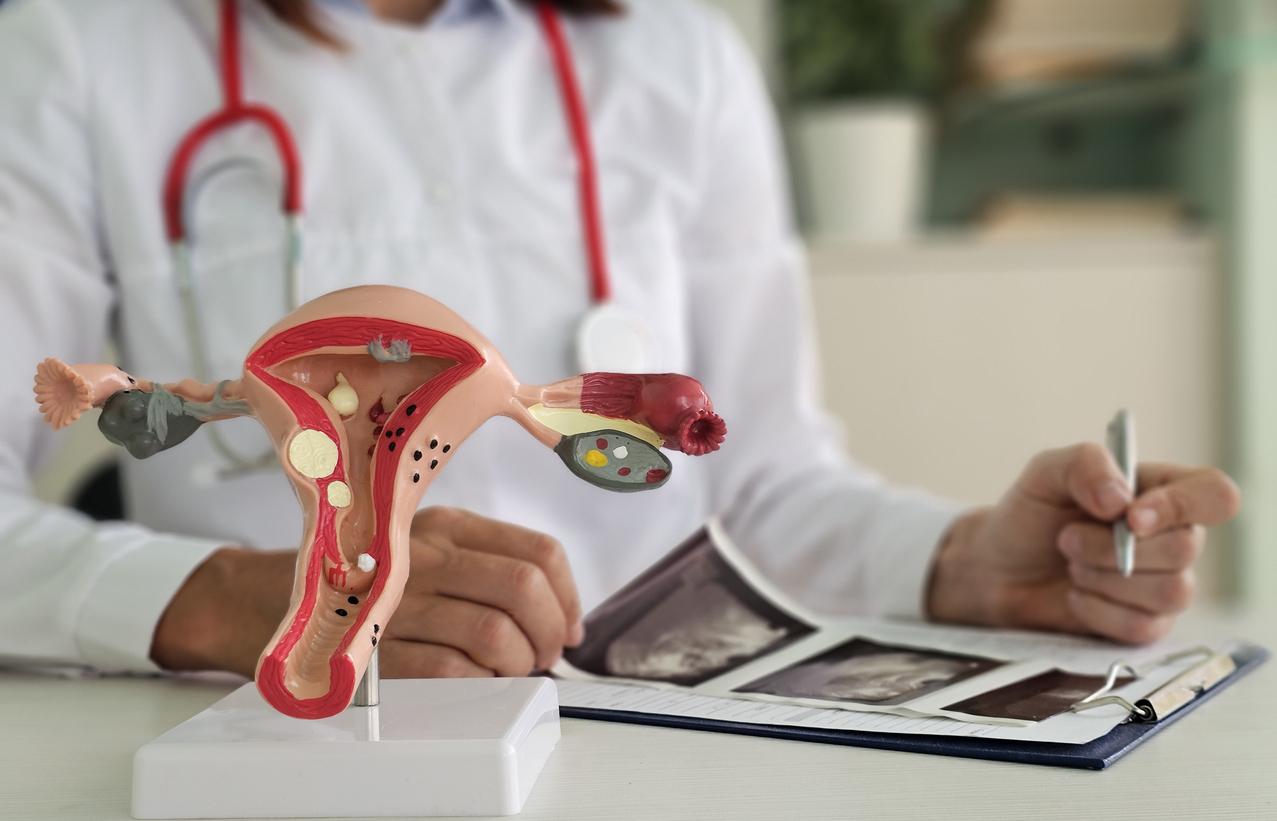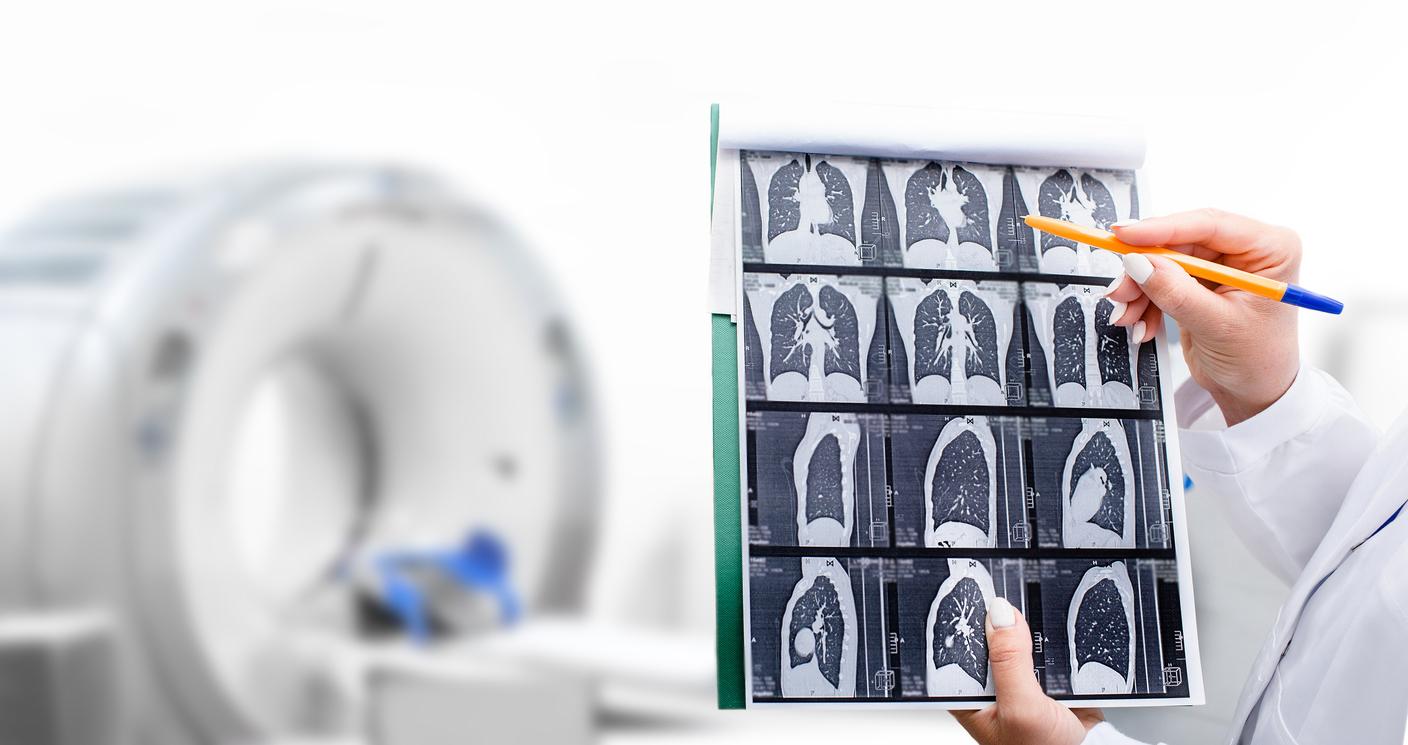A bill plans to make HIV testing free and possible without a prescription. These tests can be performed in any laboratory.

- Between 2019 and 2020, there was a 15% drop in screenings.
- This proposal is included in the social security financing bill for 2022.
- It is part of the stated desire to eradicate AIDS by 2030.
The health crisis linked to the coronavirus pandemic has had an impact on many other diseases. Among them, HIV for which the number of screenings fell in 2020 compared to 2019. In total, there was a drop of 15%. To remedy this, the government has decided to include free screening without a prescription from 1er January 2022 in the social security financing bill for 2022.
End AIDS by 2030
The objective is to counter the drop in screenings by making access to them simpler and less expensive. Currently, without a medical prescription, you have to pay between 17 and 25 euros to carry out an HIV screening test. Self-tests, called TROD, are also available in pharmacies but are also chargeable.
For two years, in Paris and in the Provence-Alpes-Côte d’Azur region, the experimentation of free and non-prescription screenings, called “Au labo sans ordo”, has shown its effectiveness. The same year, in 2019, a report by the Court of Auditors already recommended authorizing the reimbursement by Health Insurance of serologies in the city laboratory without a medical prescription. A year earlier, when launching its experiment, the government declared that it aimed to eradicate the AIDS epidemic by 2030.
Soon an HIV vaccine?
Each year, between 5,000 and 6,000 people discover their HIV status in France. Currently, approximately 173,000 French people are carriers of the human immunodeficiency virus and 24,000 would live with it without knowing it. One of the great challenges of screening is that it be carried out early enough in order to take care of patients effectively and to avoid too great a drop in the immune defenses which make the person vulnerable to infections and diseases. Making access to screening unconditional or unconditional goes in this direction.
The American company Moderna is working on the manufacture of an HIV vaccine using messenger RNA technology. Moderna has developed two HIV vaccine candidates, dubbed mRNA-1644 and mRNA-1644v2-Core. They have both already passed the first safety tests so that they can be used on humans in clinical trials. The purpose of this first phase of testing is to assess the safety of the vaccine, i.e. that it does not trigger dangerous side effects, and that it triggers an effective immune response with the production of long-lasting protective antibodies. The second phase is scheduled to last two years, until April 2023.
.















